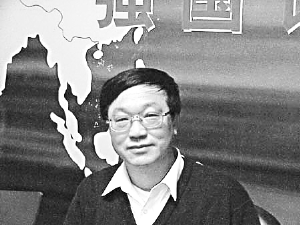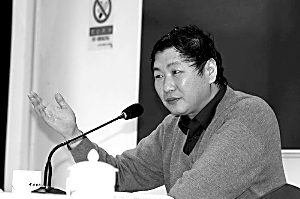Bhutan, one of China's neighboring countries, lies at the southern foot of Himalayas. Bhutan recently held an election that converted the country's 100 year monarchy into a Parliamentarian system.
This small country covers only 38,000 square kilometers and has a population about 730,000. But it has attracted the world's attention when the country's elderly king advocated "Bhutanese Pattern", known as "Gross National Happiness". This democratic reform was initiated by the senior King and advanced by his young successor.
Why did the King voluntarily offer to share power with other forces? Can power only be obtained through struggle? Will this reform led by the king be successful?
The Beijing News recently had an interview with Sun Shihai, director of the South Asia Research Center, Chinese Academy of Social Sciences, and Wang Zhanyang, director of the Political staff of the Central Institute of Socialism.

Sun Shihai, director of the South Asia Research Center, Chinese Academy of Social Sciences.

Wang Zhanyang, director of the Political staff of the Central Institute of Socialism.